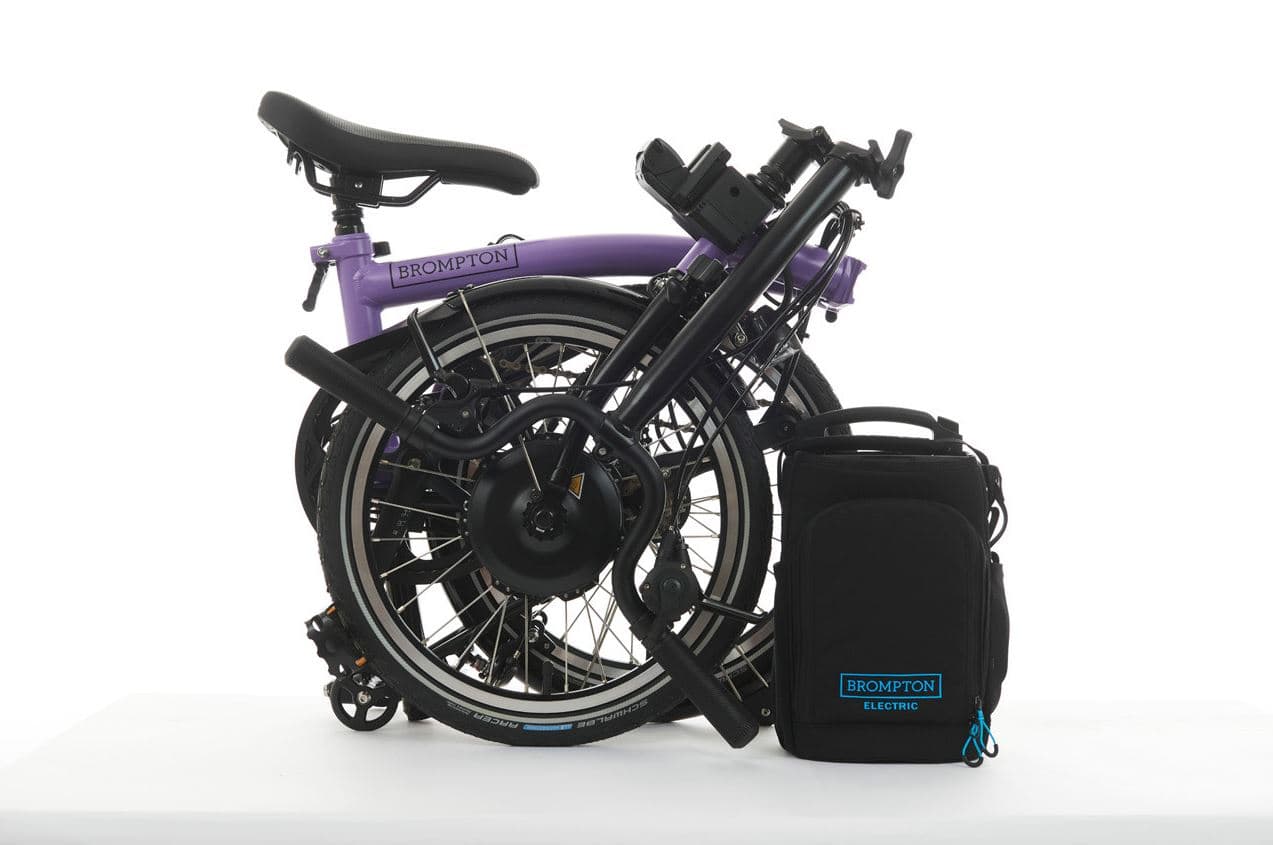The European e-bike market is witnessing remarkable growth, driven by various factors such as the increasing emphasis on reducing carbon footprint and mitigating traffic congestion in urban areas. E-bikes, also known as electric bicycles, have gained popularity due to their clean, efficient, and economical nature.
Amidst expanding low-emission zones and strict environmental regulations in European cities, e-bikes are emerging as a preferred choice for environmentally conscious individuals. They provide a practical solution to combat pollution and offer an enjoyable mode of transportation.
Furthermore, the rising awareness of the health benefits associated with cycling is fueling the growth of the e-bike market in Europe. E-bikes offer a flexible form of physical exercise suitable for individuals of different fitness levels. This aligns with the increasing interest in outdoor recreational activities among Europeans.
Technological advancements in battery and motor technologies have also contributed significantly to the expansion of the e-bike market. These innovations have resulted in lighter, more efficient, and longer-lasting e-bikes, making them suitable for various purposes, including daily commuting and recreational use.
Governments across Europe are actively promoting the usage of e-bikes through subsidies and incentives as part of their broader transportation and environmental policies. Investments in cycling infrastructure, such as dedicated bike lanes and parking facilities, further encourage the adoption of e-bikes, thereby driving market growth.
While countries like Germany, the Netherlands, and France currently dominate the market due to their well-established infrastructure and supportive government policies, other countries such as Italy and Spain are quickly catching up. This reflects the widespread enthusiasm for e-bikes throughout Europe.
The European e-bike market can be segmented based on type, drive units, battery, application, and region. Key players in the market include Accell Group, Riese & Müller GmbH, Powabyke UK Ltd, QWIC, and Kalkhoff Werke GmbH.
With the region’s growing economic stability, consumers are increasingly willing to invest in sustainable and innovative transportation solutions. E-bikes are considered a wise investment as they offer long-term cost savings in terms of reduced fuel and maintenance expenses compared to traditional vehicles. As the popularity of e-bikes continues to soar, the Europe e-bike market is poised for further expansion.
Frequently Asked Questions (FAQ):
Q: What is an e-bike?
A: An e-bike, short for electric bicycle, is a bicycle equipped with an electric motor that provides assistance during propulsion.
Q: What are the primary reasons for the growing popularity of e-bikes in Europe?
A: The increasing emphasis on reducing carbon footprints, mitigating urban traffic congestion, and the awareness of health benefits associated with cycling are the primary drivers of the e-bike market in Europe.
Q: How are governments promoting e-bike usage in Europe?
A: Governments are actively promoting e-bike usage through subsidies, incentives, and investments in cycling infrastructure such as dedicated bike lanes and parking facilities.
Q: Which countries are leading the e-bike market in Europe?
A: Germany, the Netherlands, and France are currently leading the e-bike market in Europe due to their robust infrastructure and supportive government policies.
Q: What are the challenges faced by the e-bike industry in Europe?
A: Safety concerns and the lack of harmonized regulations across different countries are the primary challenges faced by the e-bike industry in Europe.
Sources:
– Expert Market Research, Claight Corporation
– MarketsandMarkets (https://www.marketsandmarkets.com/)
– European Commission (https://ec.europa.eu/)
– Cycling Industry News (https://cyclingindustry.news/)
– BikeBiz (https://www.bikebiz.com/)























